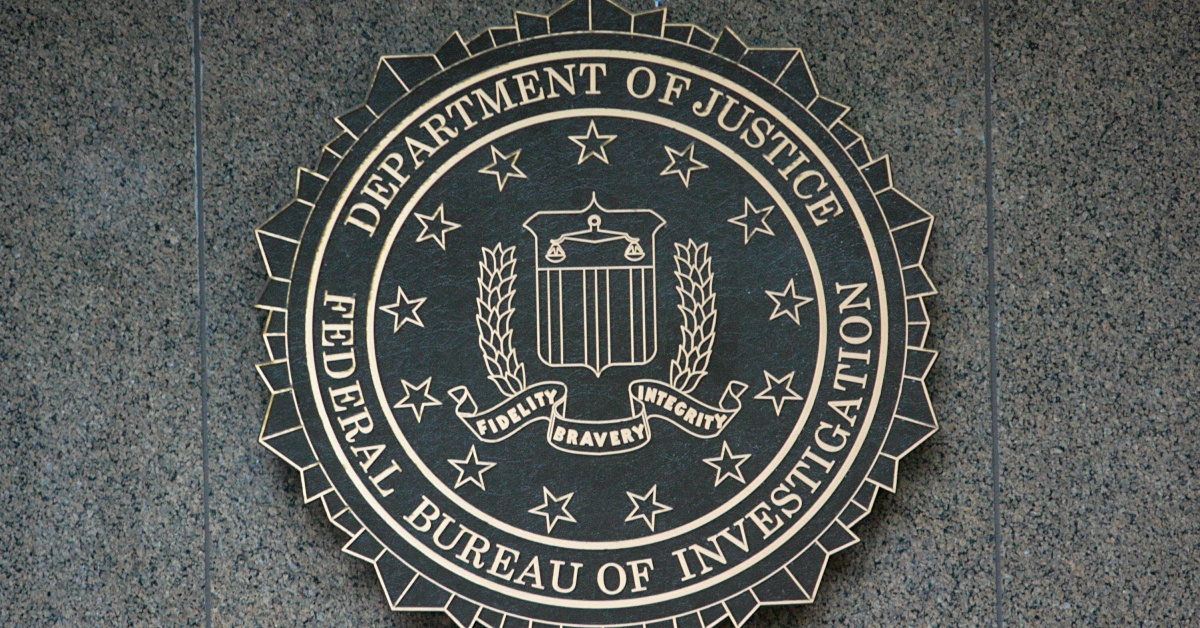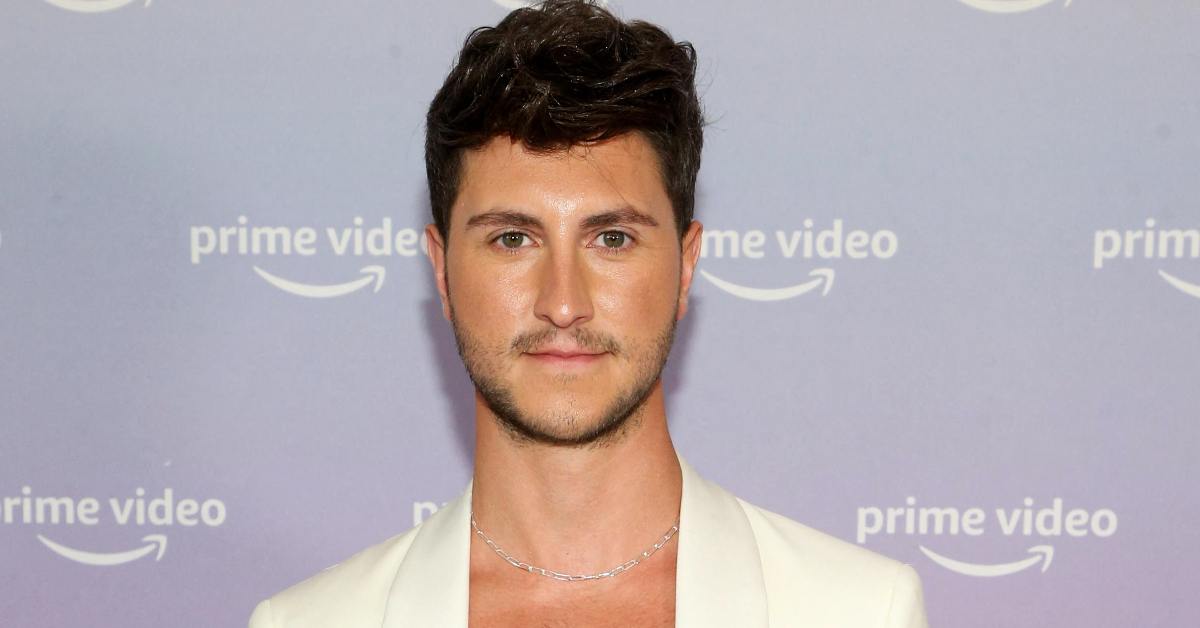BY: Denver Sean
Published 4 years ago

There’s been a lot of talk surrounding the Johnson & Johnson COVID-19 vaccine causing blood clots in just eight people, but were you aware that — according to a new study — getting sick with COVID-19 carries an eight to tenfold higher risk of developing blood clots in the brain than the vaccine does?
via NYDN:
The study found that “the risk of experiencing a blood clot in the brain was about 95 times higher for people who contract COVID-19 than in the general population,” as CBS News explained it.
The results came amid concern about the potential for blood clots after receiving the Johnson & Johnson and AstraZeneca vaccines, and the U.S. pause in administering the Johnson & Johnson jab earlier this week.
Similar results were seen for both cerebral venous thrombosis (CVT), which are extremely rare blood clots in the brain, and for portal vein thrombosis, a similar and also rare clotting disorder. Even flu aftermath carries a higher risk of clotting than the coronavirus vaccines do, researchers Paul Harrison, a professor at Oxford University’s Department of Psychiatry, and Dr. Maxime Taquet, of the NIHR Oxford Health Biomedical Research Centre, said in a statement.
The team examined the electronic health records of 81 million people in the U.S. who had received the Pfizer and Moderna vaccines and counted the number of CVT cases diagnosed in the two weeks after a COVID-19 diagnosis, or after a first vaccine dose. They found that CVT was more common after a bout of COVID-19 than it was in any of the comparison groups, with 30% of these cases occurring in people under age 30. They also looked at records of people in Europe receiving the AstraZeneca vaccine, which is not in use in the United States.
Statistically, CVT occurred in 39 out of every million COVID patients, the researchers found. In people receiving the Pfizer or Moderna vaccines, only four people per million developed blood clots. And in those who had gotten just one dose of AstraZeneca, five people per million developed clots. The clots were more common in those with preexisting cardiovascular disease, and 80% of those who got clots survived.
“Compared to the mRNA vaccines, the risk of a CVT from COVID-19 is about 10 times greater,” the researchers found. “Compared to the AZ-Oxford vaccine, the risk of a CVT from COVID-19 is about eight times greater.”
The researchers themselves cautioned that the findings were extremely preliminary and that “data are still accruing,” so that it’s not conclusive. The findings, though preliminary, can help shed light on the risks and benefits of getting the vaccine, Taquet noted.
The COVID-related clots and the clots that developed after a vaccine stemmed from different mechanisms, professor Beverley Hunt of Thrombosis UK told BBC News. Those hospitalized with COVID-19 can get “sticky” changes in their blood that persist after they’re discharged, increasing the risk of blood clots, she said. But the clotting seen after AstraZeneca shots seemed to be “associated with an immune response.”
The more you know…










